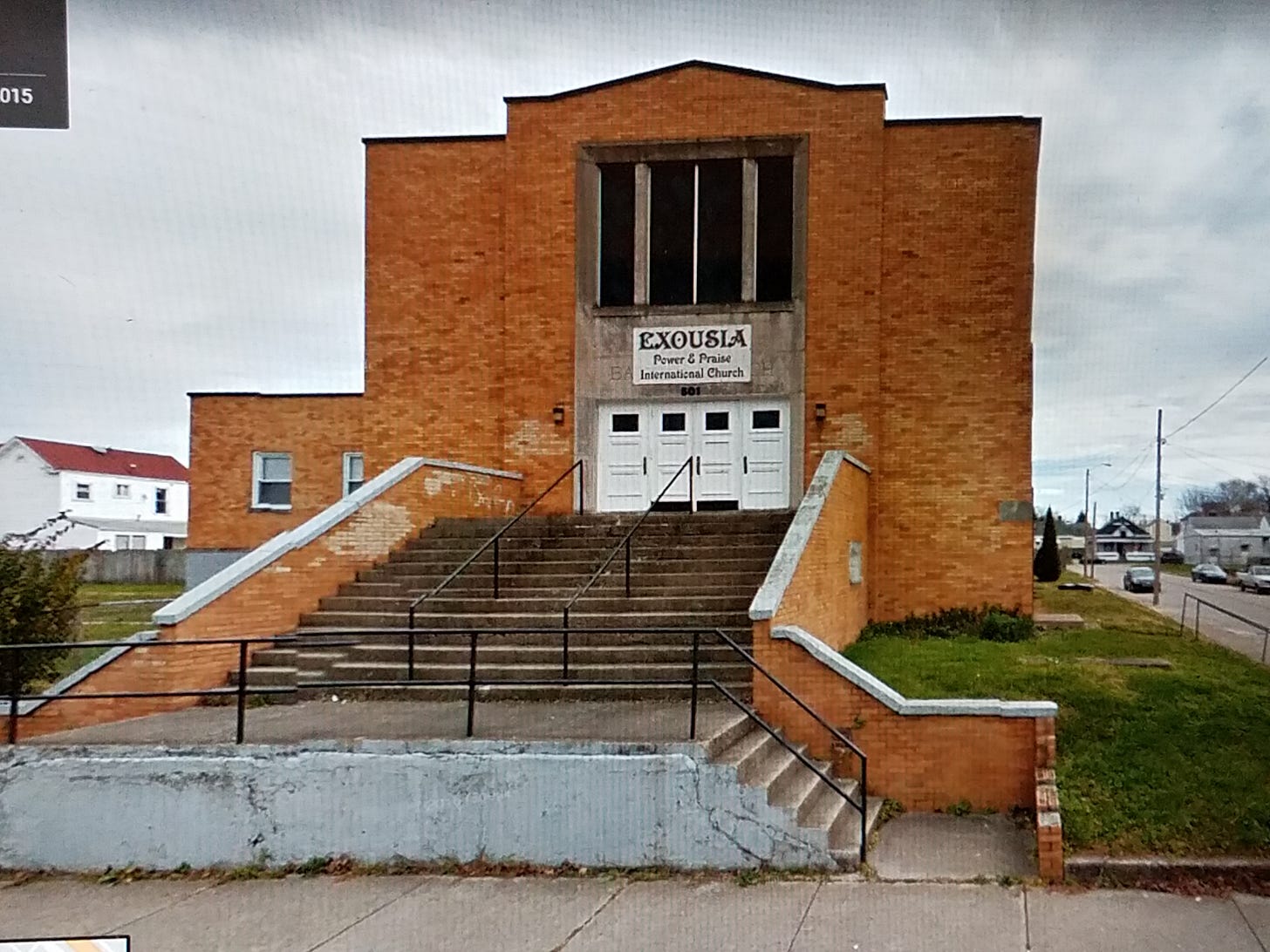Romance at the Senior Adult Lunch Program
When Josie—age 73—and Steve—age 82—married in our church fellowship hall it was a city-wide event. A television cameraman recorded the event for broadcast. A newspaper reporter chronicled the experience for the next day’s edition.
The fellowship hall was packed with people, and full of excitement as our church’s associate pastor walked a smiling Josie down the aisle. Steve stood at the front very nervous.
Josie was a widow. Steve had never been married. They met at the government-funded senior adult lunch program at our church.
Their romance was kindled during regular conversations around the daily lunch tables. Their first actual date was a cruise on the Belle of Louisville riverboat.
The wedding reception was the government provided lunch. Steve and Josie could not afford anything else. The county agency which administered the program even provided the wedding cake.
They were two of approximately 60 to 70 people who enjoyed fellowship every Monday through Friday. Another 30 to 40 meals were taken into the homes of senior adults who were not mobile and could not come on their own or by transportation that was provided.
They Were the First
The reason for the media attention for Josie and Steve’s wedding ceremony is that they were the first marriage of people participating in the lunch programs throughout the Louisville, KY area.
But they were not the last. Not even at this lunch site at West Side Baptist Church. We had a second couple who were married by the pastor of another area church.
A third couple cohabitated. They were of meager financial means and could not afford the cut in Social Security payments they would experience if they married. They were Catholic and went to see their priest about their dilemma. The priest gave them permission to live together without judgement from the Catholic Church.
Physical Health
This program was a valuable ministry for both our church and the surrounding community. Many senior adults in the area lived in small, one story “shotgun” houses. These were houses that were one room wide at the street, and two rooms wide at the back.
They were designed that way more than 100 years ago by frugal immigrants who discovered that taxes were assessed by the width and height of a house at the street.
Many senior adults only had Social Security payments, and other supplemental government programs such as food stamps. The area was also a food desert where good nutritious food items were not sold in grocery stores.
My wife and I tried to shop of the grocery stores in the community when we could. But often we traveled seven miles to the east side of town where a much greater variety of food items were available. Particularly fresh foods.
In lower income communities such as the Portland area of Louisville, people were looking for ready to eat items that could simply be warmed or easily cooked. Junk food filled the aisles.
This meant that the nutritious meals served at our church promoted physical health. Often food was left over, and attendees could get a takeout meal for their supper.
Emotional Health
The lunch program also provided a forum for emotional health. Getting out of the house and having socialization opportunities fought depression and encouraged mind and body stimulation.
People would begin arriving by 10:00 a.m. for the Noon lunch. Some would stay until mid-afternoon. We never told anyone they could not come in. Nor did we run anyone out.
Spiritual Health
Spiritual health was also supported by the lunch program. We researched this possibility before we agreed to be the site for our community.
The way the law that provided the funding for this program worked was that each site was to elect a council who would promote various socialization activities. There were few restrictions as to what could happen.
Religious activities were among the things not restricted if the council ask for them.
The first time our council met, they asked me if the church could provide a weekly Bible study. Of course. We were glad to.
In addition to providing a forum where senior adults could fall in love with one another, we provided a place for spiritual nourishment. God provided a way for us to minister to these people of great worth created in his image.




